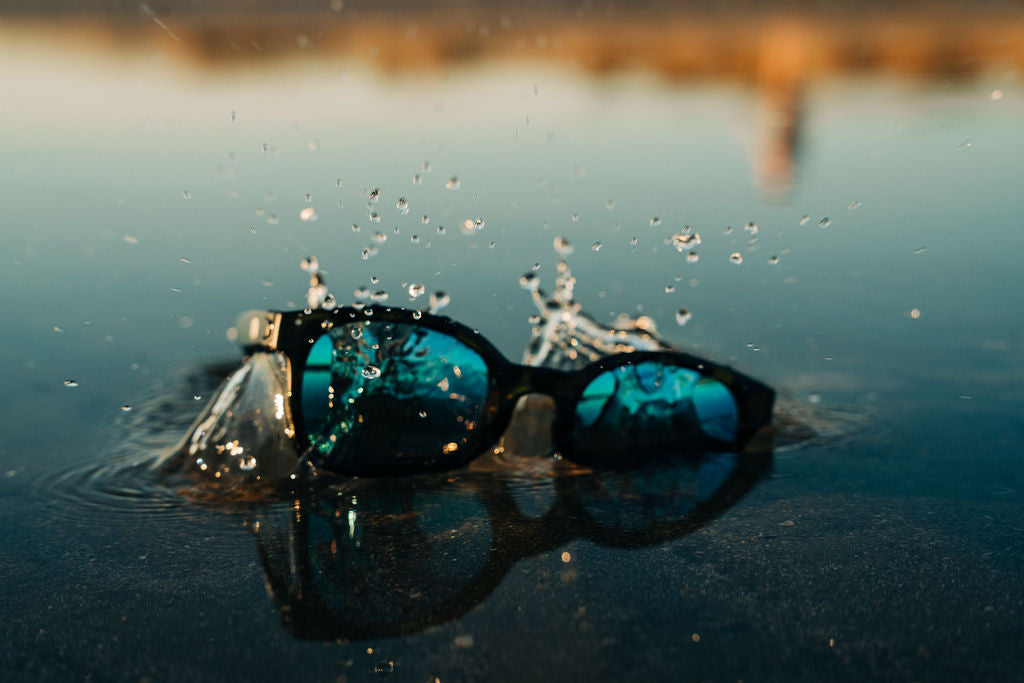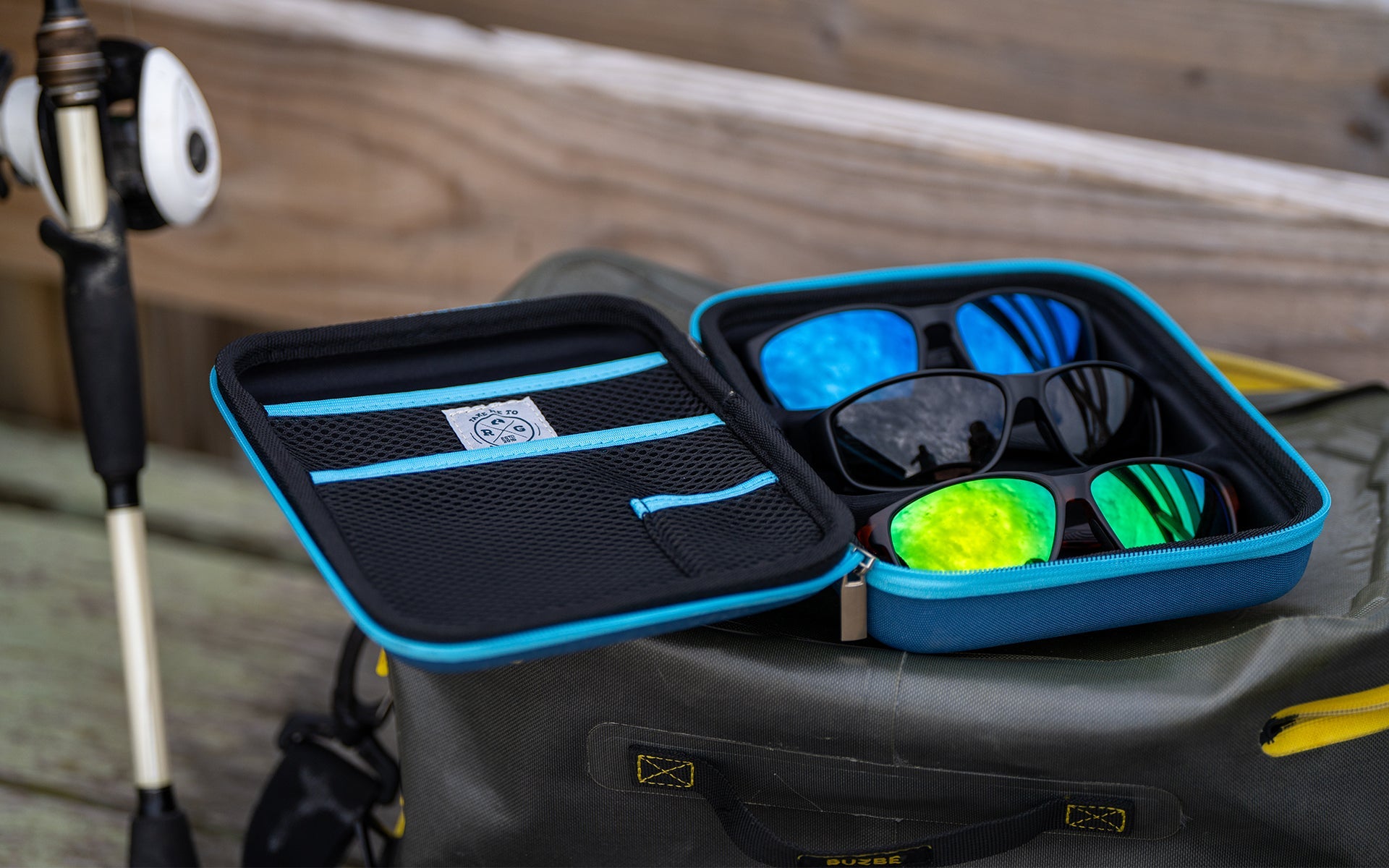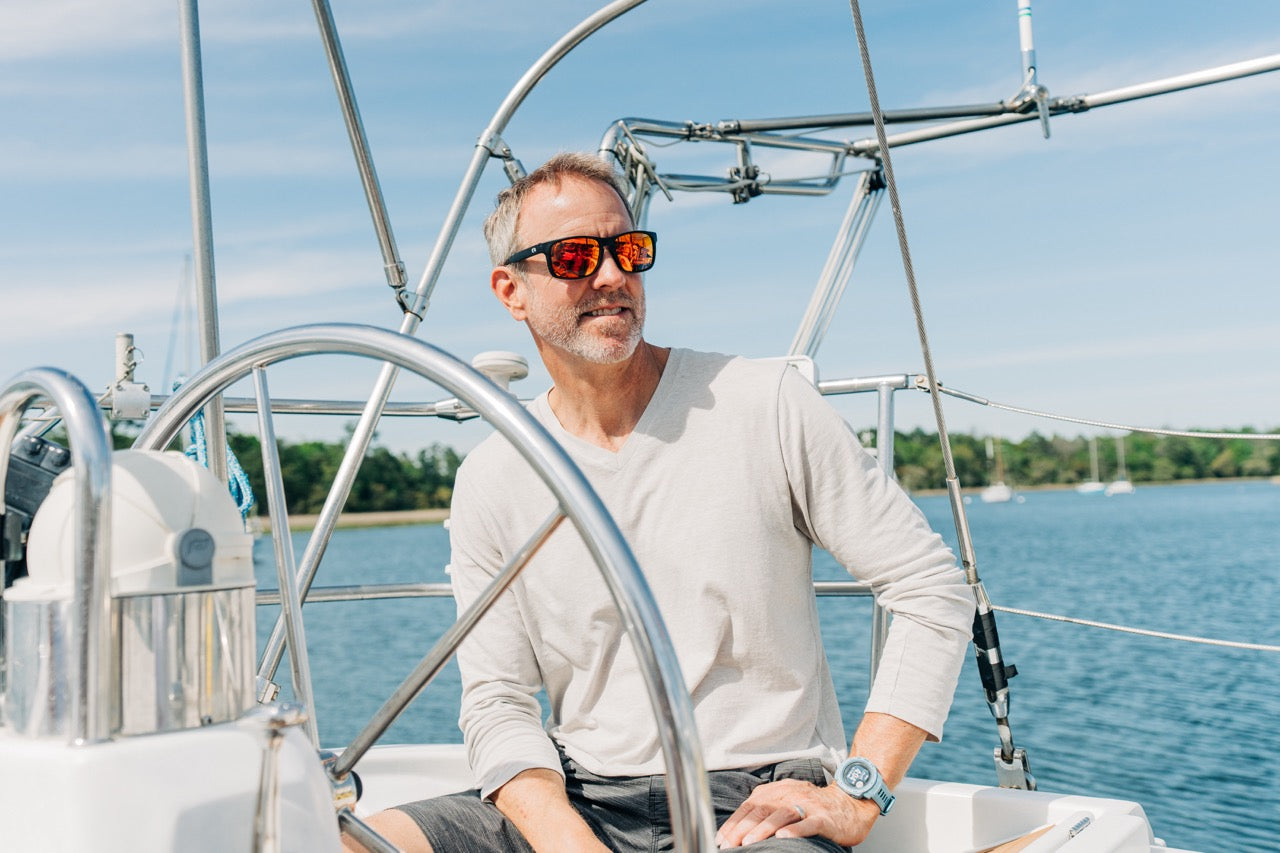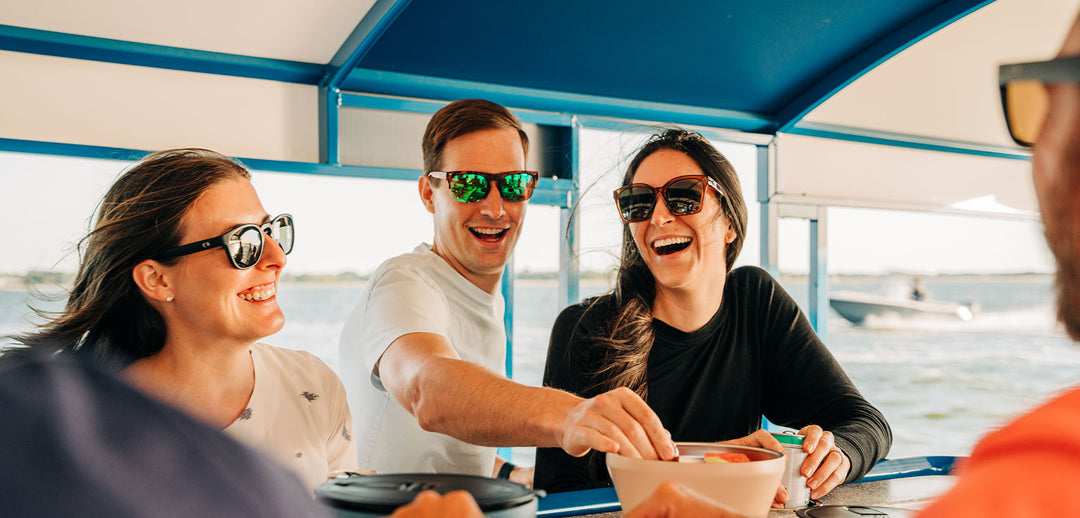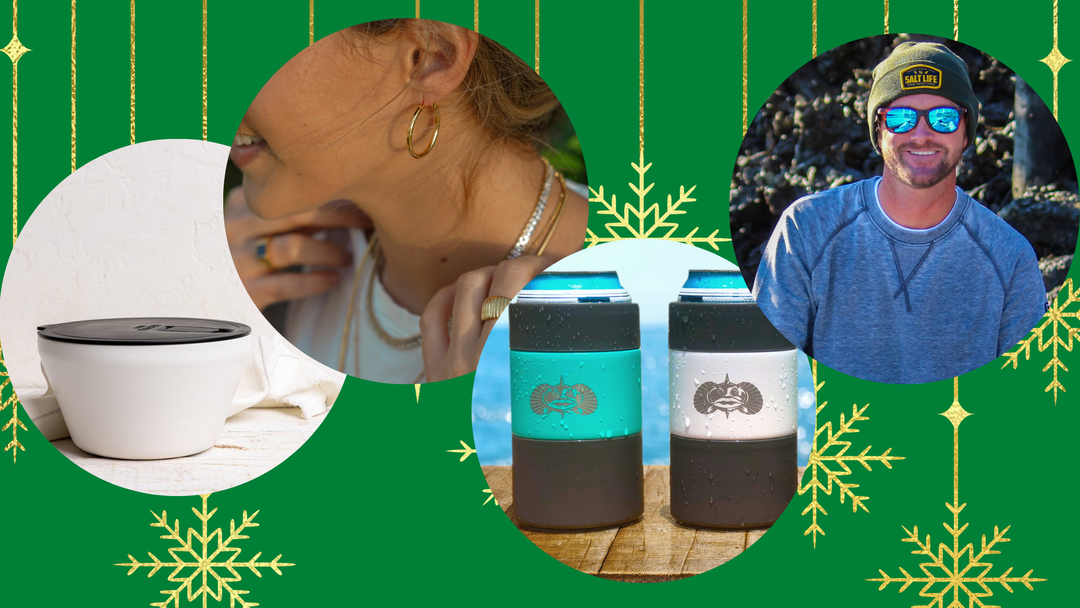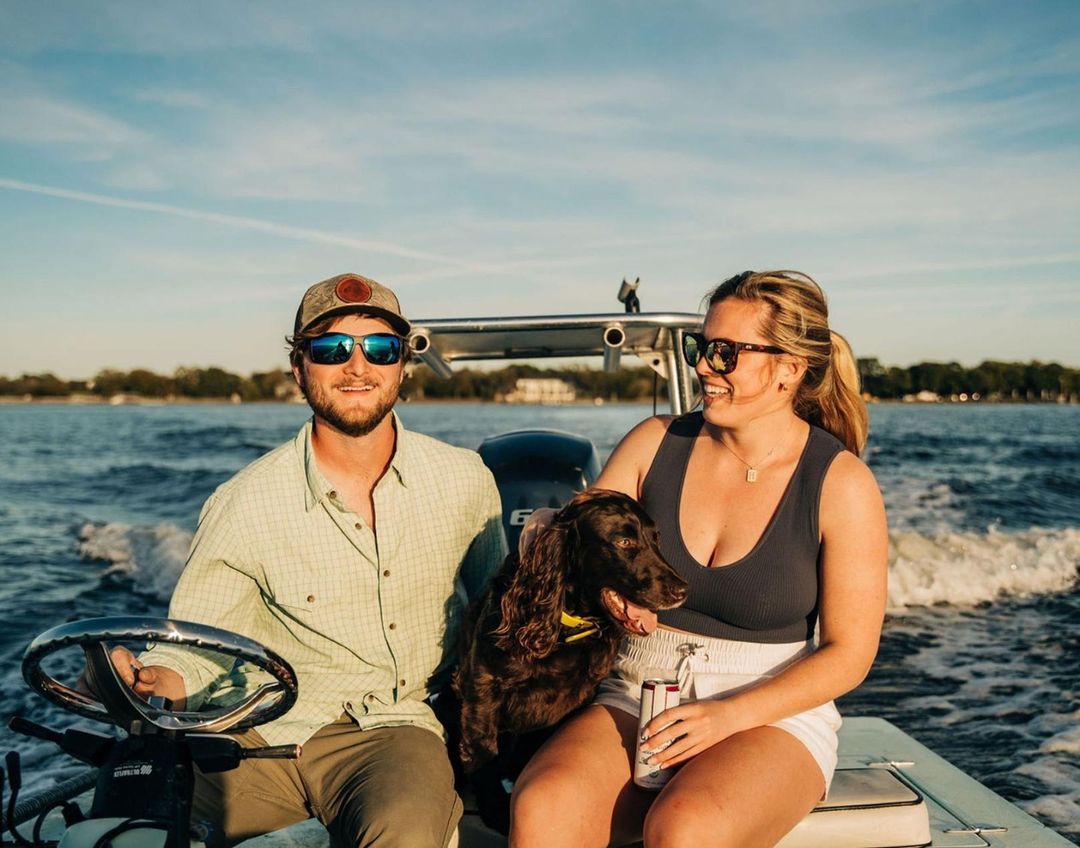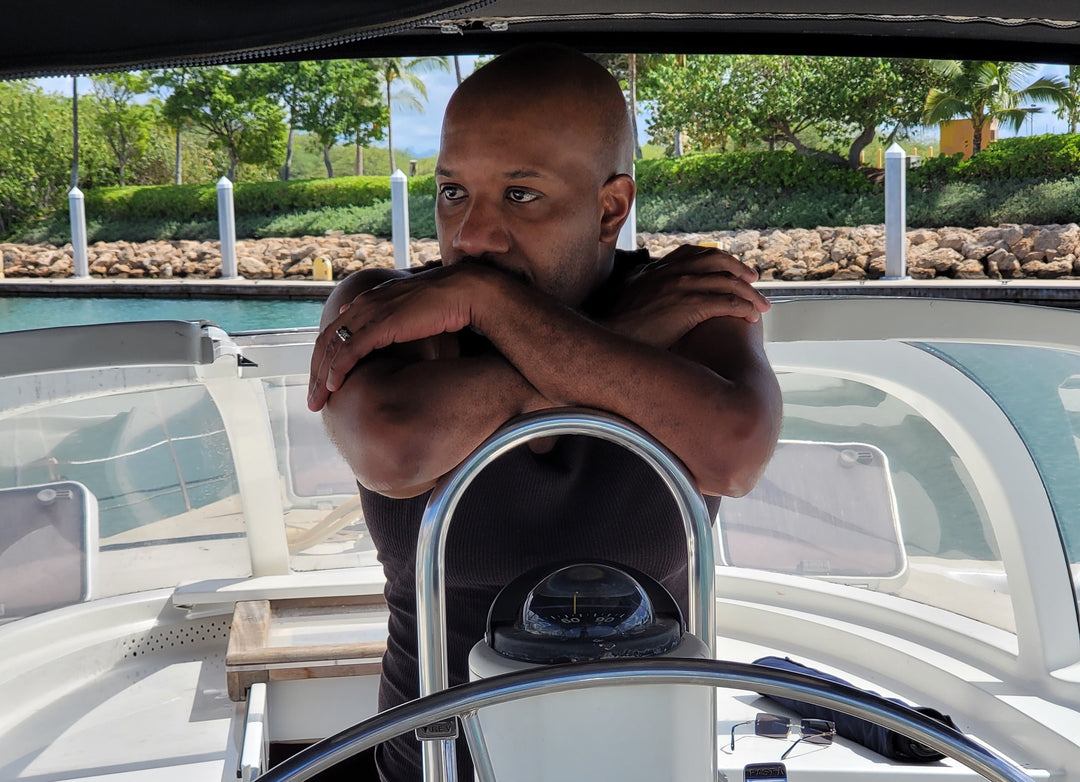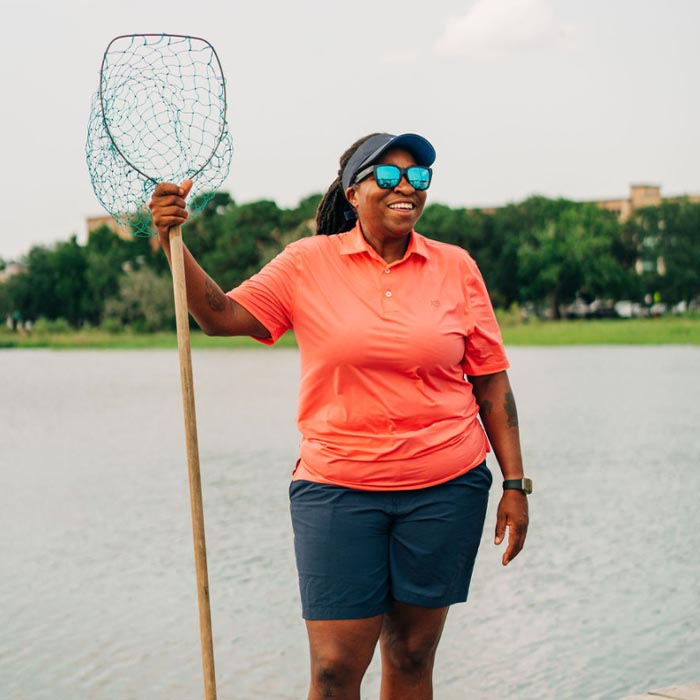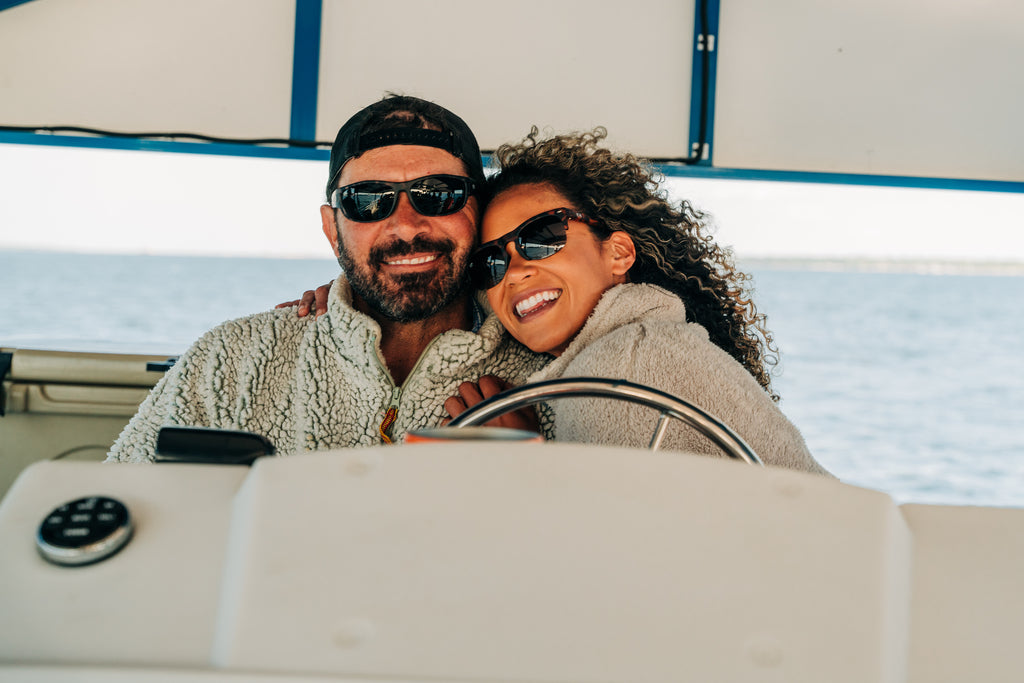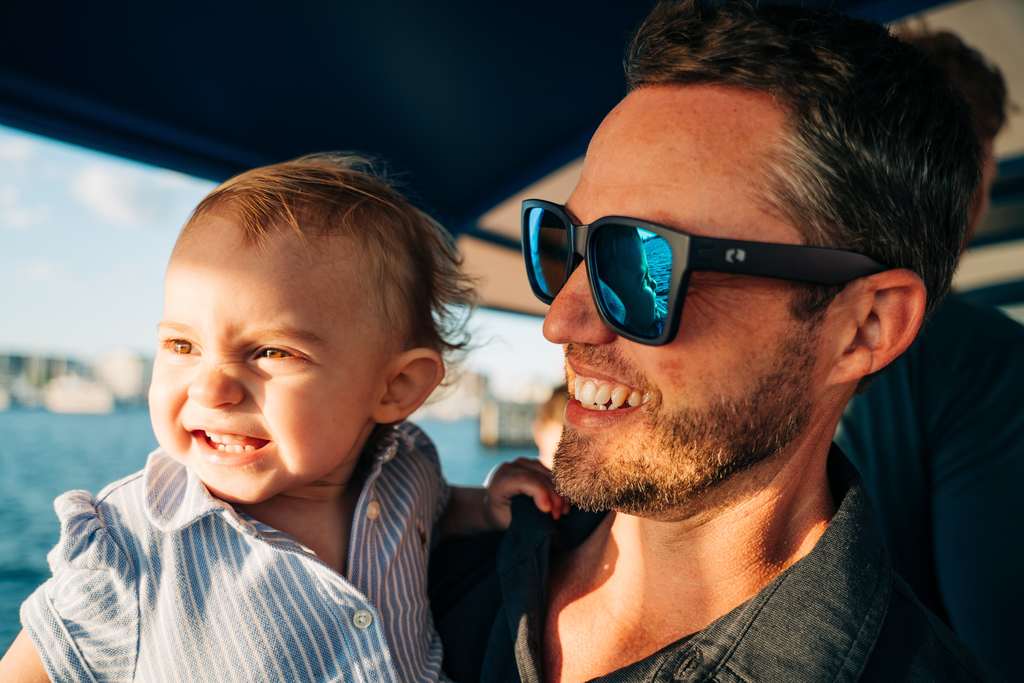The 10 Boating Safety Tips You Need to Know
With the Memorial Day holiday coming up, it’s time to celebrate by spending hours out on the water enjoying the weather. With some good food, good friends and warm sunshine on your skin you’re about to create a relaxing and memorable weekend.
But before you hop aboard your boat, you need to make sure safety comes first. And did you know it’s National Boating Safety Week? That’s why we’ve compiled a quick list of the top 10 boating safety tips that will help even experienced boaters stay safe on the water.
-
Take a boating safety course
Boat safety classes often are inexpensive and easy to complete in a day, whether you’d like to learn online or in a classroom setting. A course will help even expert boaters be more mindful of ways an accident can happen and plan for emergency situations. These are especially helpful before venturing out on unfamiliar waters.
-
Always wear your life jacket
Before you get onboard, make sure everyone has a life jacket and keeps it on. According to the U.S. Coast Guard’s 2017 Recreational Boating Statistics Report, fatal accidents have continued to rise. 84% of boating accident victims that drowned weren’t wearing a life jacket. So keeping your jacket on can truly save your life.
-
Designate a skipper to stay safe
While someone navigates the boat, someone else needs to be on the lookout for any hazards. Having someone keep watch can help prevent boat riders from going overboard and help if something goes awry.
-
Keep an eye on the weather
Every boater knows the weather can turn on a dime. Plan ahead by checking the forecast for your local area and wherever you’re headed. Bringing a radio can help you keep up with sudden changes and know when it’s time to turn around. If you start experiencing dark skies, lightning, choppy water or strong winds — head for safety as quickly as possible.
-
Create a float plan
A float plan ensures that someone can reach out to the Coast Guard in case you don’t return home from a scheduled trip. It can be absolutely crucial to finding you and your boat in case of an emergency. Your plan should detail your vessel, the people with you, the safety signals and gear you have, along with a detailed itinerary so someone knows where you’re headed.
-
Know the signs of heat exhaustion
Heat sickness can lead to a life-threatening condition, but it’s easily preventable. Drink plenty of water and wear sunscreen to keep your body from overheating. Be aware of these symptoms: heavy sweating, faintness, dizziness, fatigue, weak/rapid pulse, low blood pressure, muscle cramps, nausea and headaches.
-
Familiarize yourself with boating state laws
Every state has different requirements for boating safety, from field sobriety tests to keeping a wallet-sized certificate closeby. Once you know the specifics, it’s only smooth sailing from there!
-
Do a pre-boarding boat safety check
Like you would with your car before a long road trip, take a minute to look “under the hood” of the boat. Do you have a full tank of gas? How are your transmission fluid levels? Is your battery fully charged? Checking the basics can save you from a serious accident.
-
Understand the rules of the water
Just like a highway, there are rules to navigating the water. Following the Coast Guard’s navigational system that uses visual, audible and electronic signals can steer you in the right direction.
-
Use common sense to stay safe
The things you do to stay safe while walking, driving or adventuring shouldn’t change much from what you do when you’re on a boat. Being vigilant, staying sober and not speeding are all ways you can easily reduce your risk of an accident.
Have fun out there and be safe!
